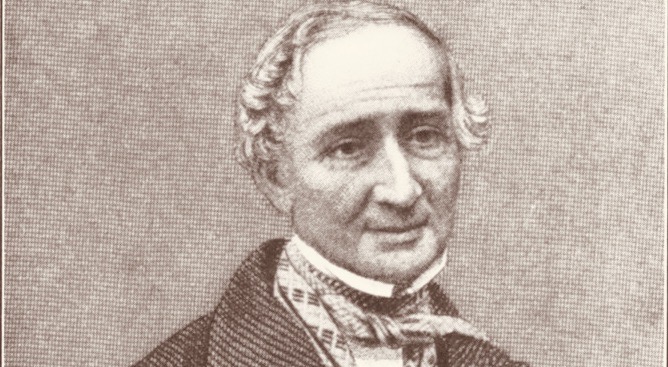
The podcast edition of this article can be found here: Youtube – Spotify – Apple Podcasts
I believe Robert Dann’s Father of Faith Missions is the greatest missionary biography in print.
When it comes to missionary bios, the devotional warmth is superior in Hudson Taylor, the heights of adventure more spectacular in John Paton, the range of emotions broader in The Three Mrs. Judsons, and the team dynamic more pronounced in William Carey. The queue is long for great missionary biographies.
But when I add up all the factors that make a missionary biography great, the story of Groves stands alone on top.
You most likely have never heard of Anthony Norris Groves. Don’t let that deter you. In the early 19th century, Groves left his dental practice in England and travelled with his family 5,000 miles over mountains and deserts, a trip where horses and humans died, to set up shop in the heart of Islam–Baghdad, Iraq. He established the first Protestant mission to Arabic-speaking Muslims.
What are the ingredients of a great missionary biography and why should Christians today read about the life of this great man?
Just as the tilting of a diamond brings swarms of refracted light, reading Groves’s biography gives the reader a kaleidoscope of major themes in missions. Here are ten of them.
- Missions and Family
The lessons this book teaches about home life, marriage and children are legion.
Groves was patient with his wife, Mary, who originally resisted tooth-and-nail a move to missions on the other side of the world. Only death awaited her. She knew it and she was right. He didn’t force her. He wooed and persuaded her until she wanted to go for Jesus’ sake.
After Mary died, Groves endured years of sorrow and depression. Upon remarriage, he allowed his second wife to teach daily because that’s where she was gifted, though she left the organizing of the home to their lifelong nanny, a decision which would bear sour fruit in the future. Continue reading →
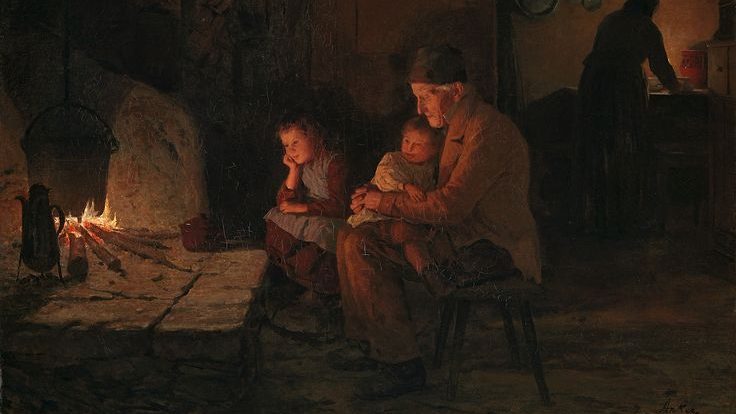

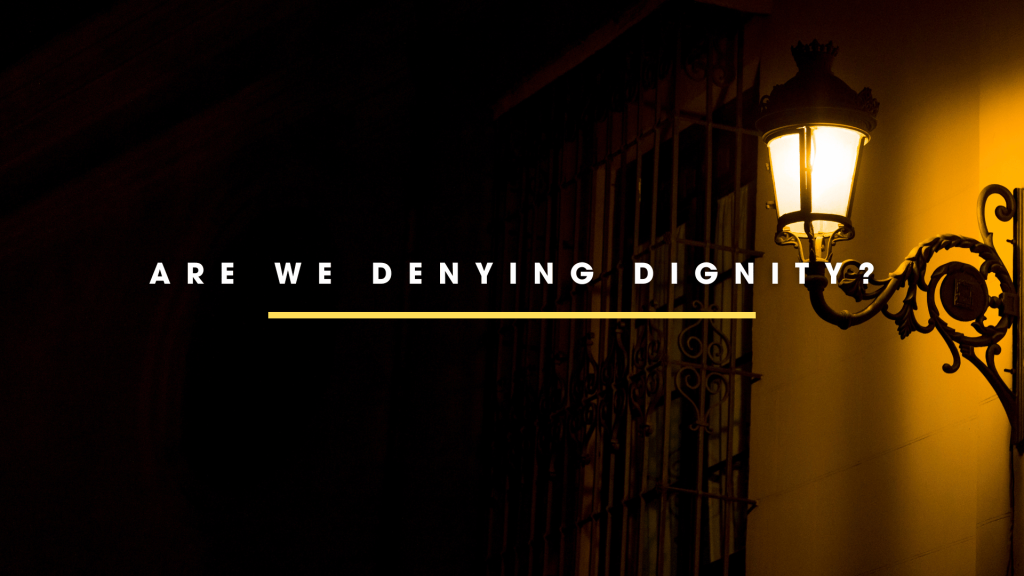





 The Zion Christian Church (ZCC) is the African and ecclesiastical version of the Freemasons—shrouded in mystery and secret rituals. What’s so special about the tea they’re brewing? Why is the water they splash on faces so magical? What makes their uniforms blessed? The answers are difficult to find.
The Zion Christian Church (ZCC) is the African and ecclesiastical version of the Freemasons—shrouded in mystery and secret rituals. What’s so special about the tea they’re brewing? Why is the water they splash on faces so magical? What makes their uniforms blessed? The answers are difficult to find.








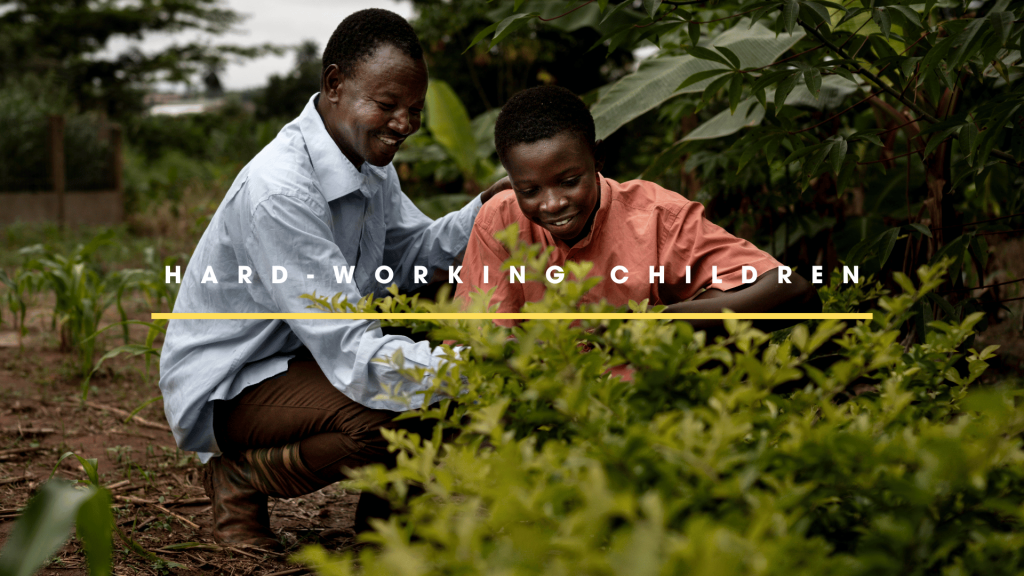
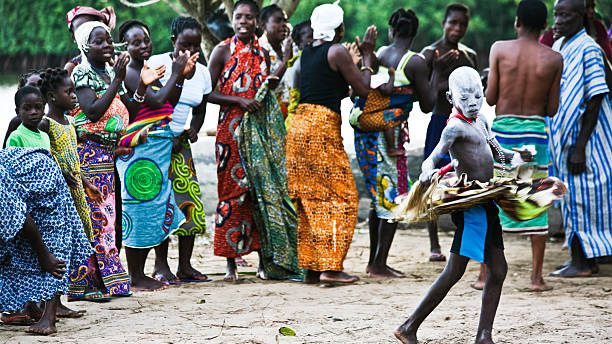
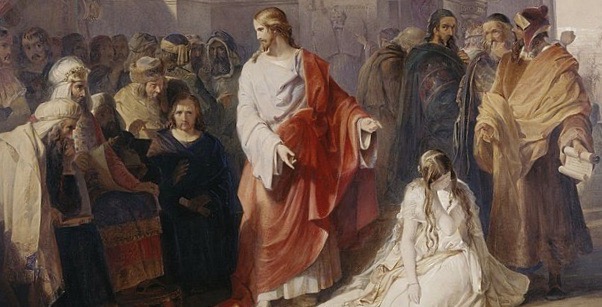 Answering
Answering 

 Answering
Answering 




 I was in college when my parents received a flyer from Ligonier Ministries. The first teaching series I ordered was on the Five Solas. I was hooked. I’ve loved Sproul ever since.
I was in college when my parents received a flyer from Ligonier Ministries. The first teaching series I ordered was on the Five Solas. I was hooked. I’ve loved Sproul ever since.